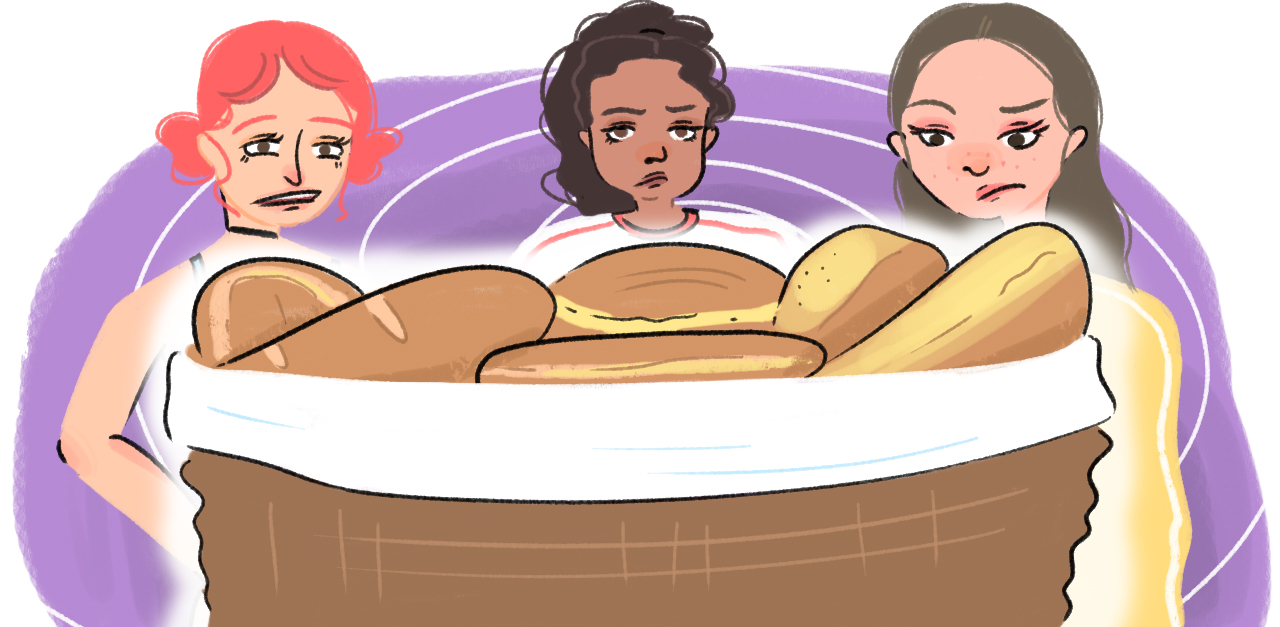
"I'm cutting out gluten; it just makes me feel gross."
"Do you have any gluten-free pasta? I can't eat wheat anymore."
How often have you heard statements like those recently? In the past few years, it feels like people everywhere have decided to try gluten-free diets.
Going gluten-free might seem like just a fad, but for some people it's much more than that. Certain individuals suffer severe consequences if they consume gluten — everything from skin rashes to migraines to debilitating fatigue.
Despite the diet's popularity and our growing awareness of gluten intolerance, though, many people don't even know what gluten actually is. Many people make assumptions about what contains gluten: It's wheat, right? No wait, it's all carbs, isn't it? Or maybe it's just the unhealthy ones, like white bread? Actually, these are all incorrect.
Below, you'll learn exactly what gluten is and which foods contain it, and you'll find out more about gluten intolerance, gluten sensitivity, and other gluten-related illnesses.
What Is Gluten?
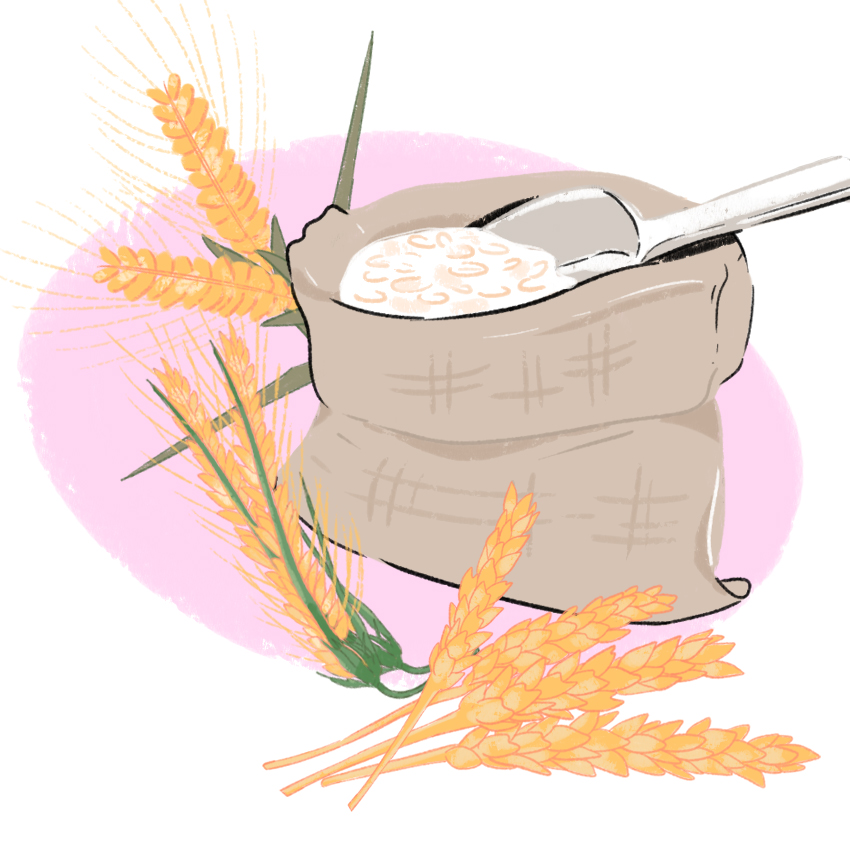
So what exactly is gluten? According to the US National Library of Medicine, "Gluten is a protein found in wheat, rye, and barley." Oats also sometimes contain gluten.
There are many grains, starches, and flours that don't contain gluten, including buckwheat, corn, quinoa, rice, potato, and soy.
What Is Celiac Disease?
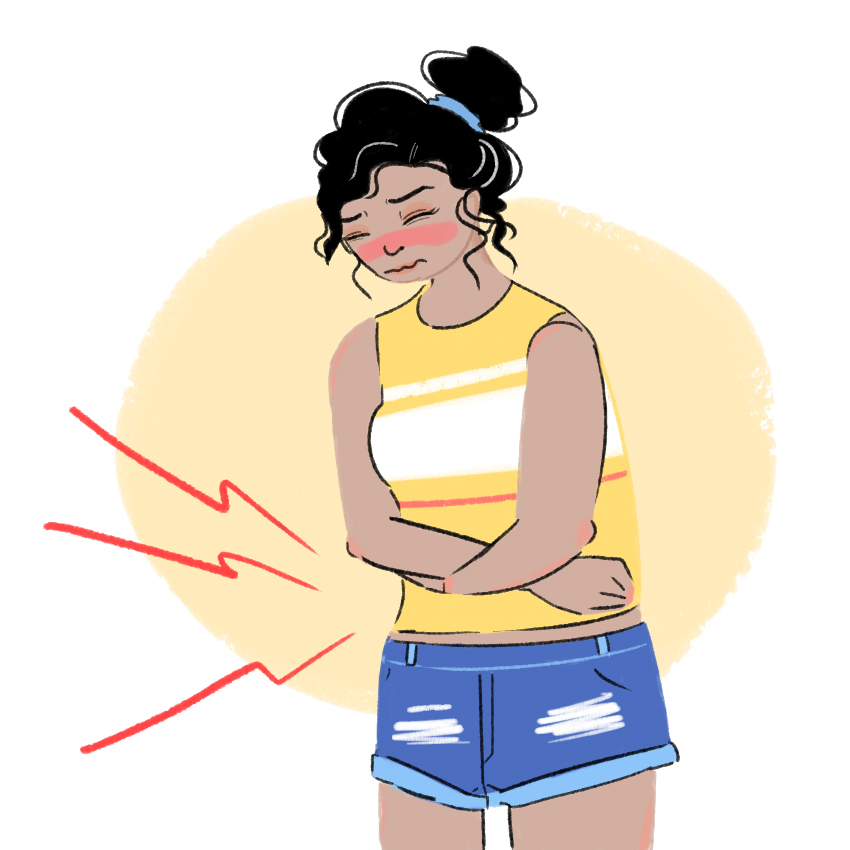
"Celiac disease is a digestive disorder that damages the small intestine," explains the National Institute of Diabetes and Digestive and Kidney Diseases. "People with celiac disease cannot eat gluten, a protein found in wheat, barley, and rye. The disease can cause long-term digestive problems and keep you from getting nutrients you need."
People who have celiac disease tend to have serious reactions when they consume gluten.
What Is Gluten Sensitivity/Intolerance?

While celiac disease damages the intestine, gluten intolerance/sensitivity does not. Gluten sensitivity can have many of the same symptoms as celiac disease, but there's no medical test for it. (There is a test for celiac.)
According to the US National Library of Medicine, "Researchers are still learning more about gluten sensitivity."
Signs and Symptoms of Gluten Sensitivity/Intolerance

Many symptoms of gluten sensitivity are the same as those of celiac disease and other gastrointestinal diseases.
In addition to fatigue, headaches, and stomachaches, gluten intolerance can also cause symptoms such as leg numbness and muscle cramps.
1. Fatigue

Fatigue is one of the most common symptoms of gluten intolerance. According to Healthline, "Gluten-intolerant individuals are very prone to fatigue and tiredness, especially after eating foods that contain gluten. Studies have shown that 60 to 82% of gluten-intolerant individuals commonly experience tiredness and fatigue."
Most people feel tired from time to time, but if you start to feel exhausted all the time, it could be a sign of an underlying issue such as gluten sensitivity.
2. Stomachaches

Another classic symptom of gluten intolerance is chronic stomachaches. This can be anything from bloating to constipation to diarrhea. Gluten intolerance can also lead to abdominal pain and discomfort.
3. Muscle and Joint Pain
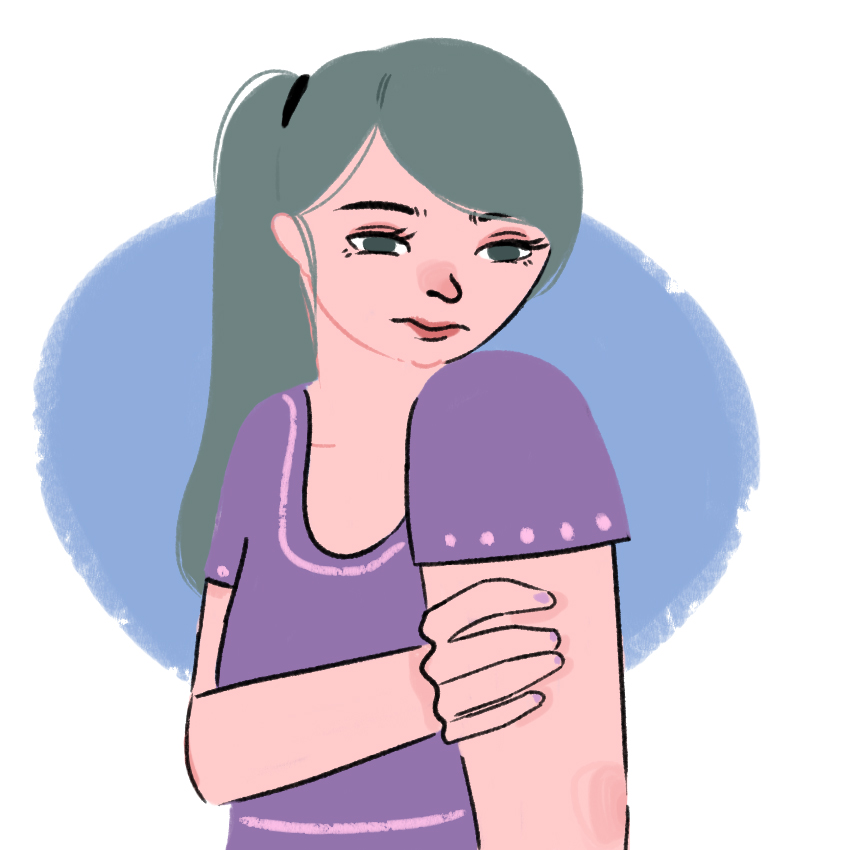
People with gluten sensitivities often experience muscle cramps and joint pain. "Gluten contamination causes an inflammatory response in the body," explains US News & World Report. "That inflammation will make itself known in various ways." Some believe that inflammation caused by gluten can lead to muscle pain, joint pain, and even arthritis.
4. Headaches/Migraines
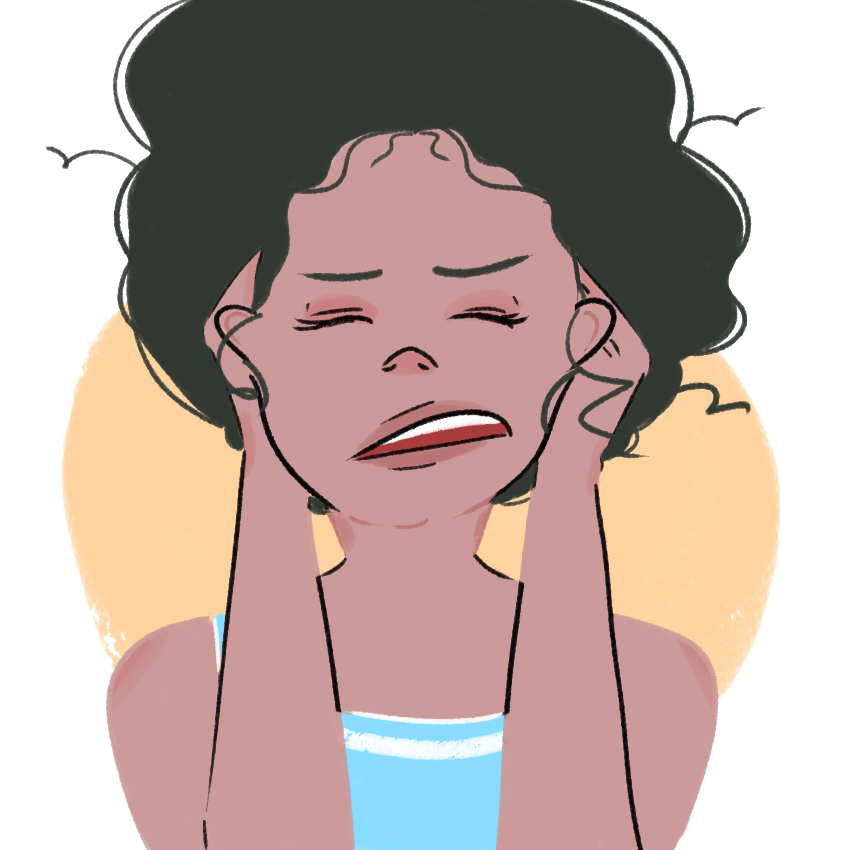
While most people experience headaches and migraines from time to time, some studies have shown that gluten-intolerant people might be more likely to have migraines than non-gluten-intolerant individuals.
5. Skin Problems

This might come as a surprise to some people, but gluten sensitivity can actually have major effects on your skin. Many gluten-intolerant individuals experience various skin problems, including psoriasis, chronic urticaria, and alopecia areata.
6. Depression/Anxiety

According to Healthline, "People with digestive issues seem to be more prone to both anxiety and depression, compared to healthy individuals."
There are various theories as to how and why gluten intolerance affects mental health issues, but more research must be done on the topic before serious conclusions can be made.
7. Leg Numbness

A strange symptom of gluten intolerance is neuropathy, or numbness and tingling in the limbs as the result of nerve damage. The exact reason for this symptom isn't known, but "some have linked this symptom to the presence of certain antibodies related to gluten intolerance," explains Healthline.
8. "Brain Fog"

Feeling cloudy from time to time is normal, but gluten-intolerant people might experience a "brain fog" more often, including difficulty thinking, feeling mentally fatigued, and being forgetful.
Gluten-Free Diets

The only real treatment for gluten intolerance and sensitivity is a gluten-free diet. Luckily, cutting out gluten from your diet is easier today than it was even 10 years ago.
There are a number of gluten alternatives nowadays, so you can still have your favorite carb-filled foods without experiencing all the awful symptoms of gluten sensitivity.
When to See a Doctor

If you think you might have a sensitivity to gluten, you should see a doctor so you can rule out celiac disease and other gastrointestinal disorders. If it turns out you do have a gluten intolerance, you and your doctor can talk about starting a new diet.




